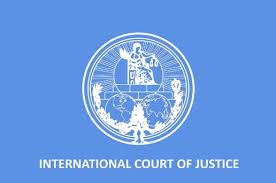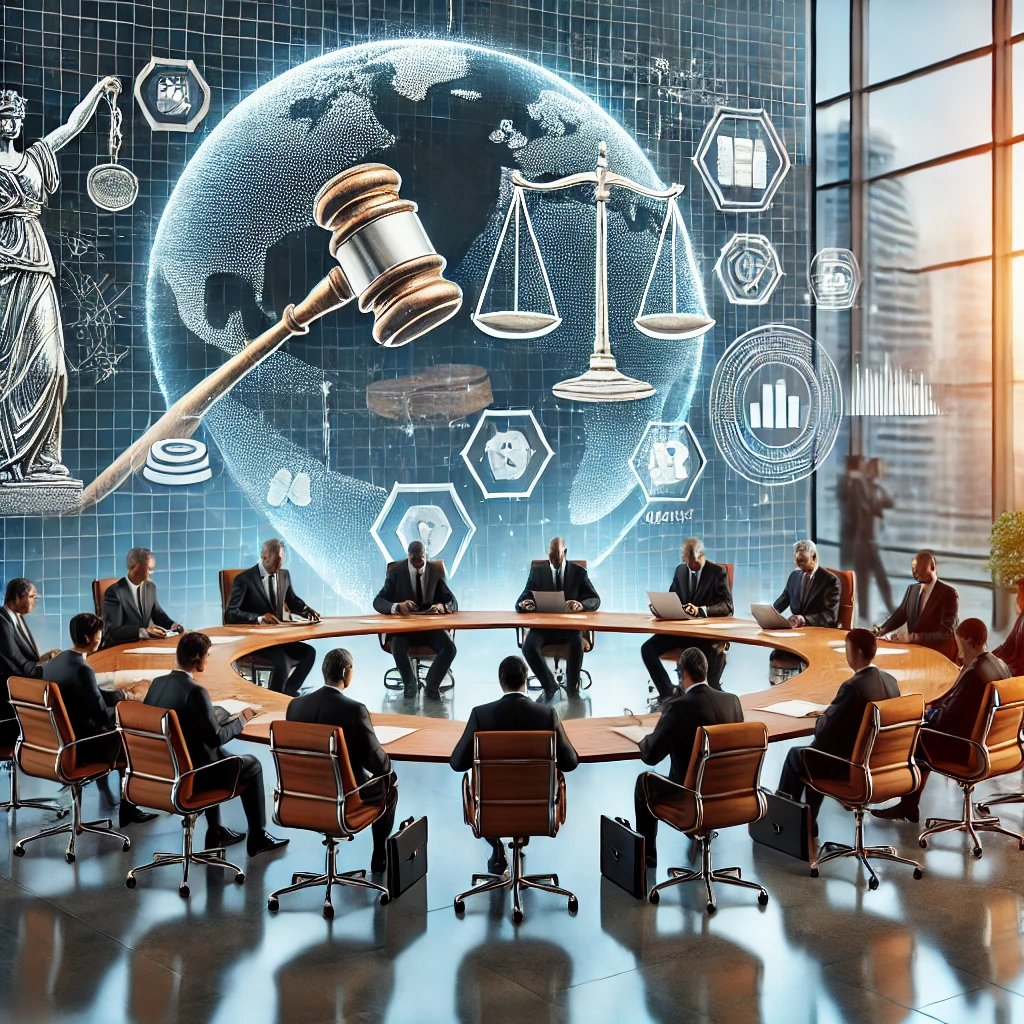
UN Calls for Global Legal Framework to Regulate Artificial Intelligence Use in Armed Conflicts
At a special session of the United Nations Security Council, experts and diplomats issued a clarion call for a global legal framework to regulate the use of Artificial Intelligence (AI) in armed conflicts. The urgency stems from growing fears that AI-powered weapons, autonomous drones, and algorithmic targeting systems could destabilize global security if left unchecked.
The Problem: Unregulated Battlefield AI
Currently, no comprehensive international treaty regulates the military deployment of AI technologies. While the Geneva Conventions cover the conduct of war, they are ill-equipped to handle:
Autonomous decision-making in lethal operations.
The use of AI to analyze battlefield data and pre-select targets.
Deepfakes and disinformation campaigns designed to manipulate public perception during conflicts.
UN’s Proposed Legal Framework
The draft recommendations include:
Prohibiting fully autonomous lethal weapons.
Requiring human oversight for any AI-powered targeting system.
Imposing strict accountability measures for states deploying AI in conflict zones.
Establishing an international watchdog to monitor and audit military AI deployments.
The Ethical Dilemma
Critics warn that failing to regulate military AI could lead to:
An AI arms race, where nations rush to develop ever more autonomous systems.
Accidental wars, triggered by AI misjudgments in high-stakes military scenarios.
Systemic violations of human rights, especially if AI systems are trained on biased or incomplete data.
What’s Next
A global treaty is still years away, but the UN’s call for action has set the wheels in motion. Countries like India, the US, and China have divergent views on the acceptable limits of AI in warfare, making consensus building a formidable task.
Nonetheless, this moment marks the **first clear step toward treating AI not just as a technological issue, but as a global security priority, demanding the same multilateral cooperation that shaped nuclear non-proliferation treaties in the 20th century.












comments